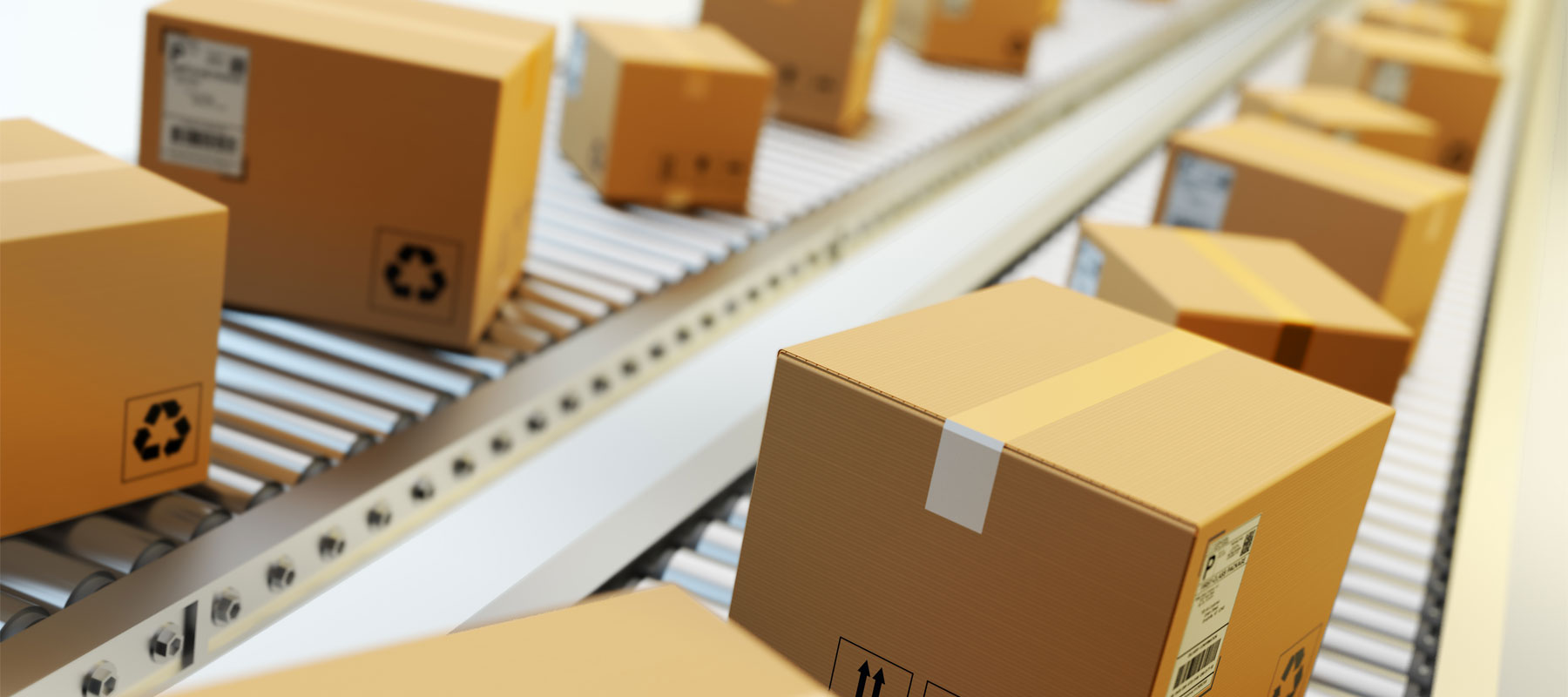We have always had to face different challenges, such as natural phenomena, closure of borders or ports due to hurricanes, socio-political problems such as blockages to communication channels, among others. But now, the coronavirus crisis has impacted all industries and presented great challenges.
These challenges are leading all of us to establish a new way of working and the manufacturing industry is no exception as it had to reinvent itself in order to follow changes in people's consumption patterns, which has forced the transport and logistics industry adapt to this new reality.
Now, it is clear how demand, speed, prioritization of resources with a focus on sales and supply planning, among other things, have been affected. However, in the search for this new way of working, positive changes that will prevail have also been created:
- Increased Domestic Manufacturing. As a result of changes on the supply model due to the pandemic, it has been more difficult for companies to obtain the necessary supplies for their operation.. It is predicted that certain operations will not only return nationwide, but with more cost efficiency due to automation efforts and better designed workflows.
- Increased Automation. Automation and use of robotics will be part of productivity growth for the post-COVID-19 economy.
- Emphasized E-Commerce Offerings. Only 33% of retailers have their inventory online. During the pandemic, when the non-essential business were forced to close, many saw the need to boost their businesses through online sales, adapting new technologies.
- Diversified Pick-Up and Delivery Options. B2B companies have had to adopt new forms for pickup lockers, curbside delivery, and in-depth delivery tracking, as well as adopting supply chain management software.
- Expanded Supply Chains and Data Access. For some companies has been essential to diversify the supply chain in order to obtain additional flexibility and predictability. This has also led to an increase on digital tools investment such as supply chain management software, which can help manage your risk and ensure accuracy.
In conclusion, even though COVID-19 has had an important (and negative) impact on our lives and industries, it is necessary to understand these changes in order to predict where we´re going.
Both individually and as a sector, we can apply what we've learned about technology, process design and communication to improve our way of working and give our best not only to our clients and organizations but also to our communities.
